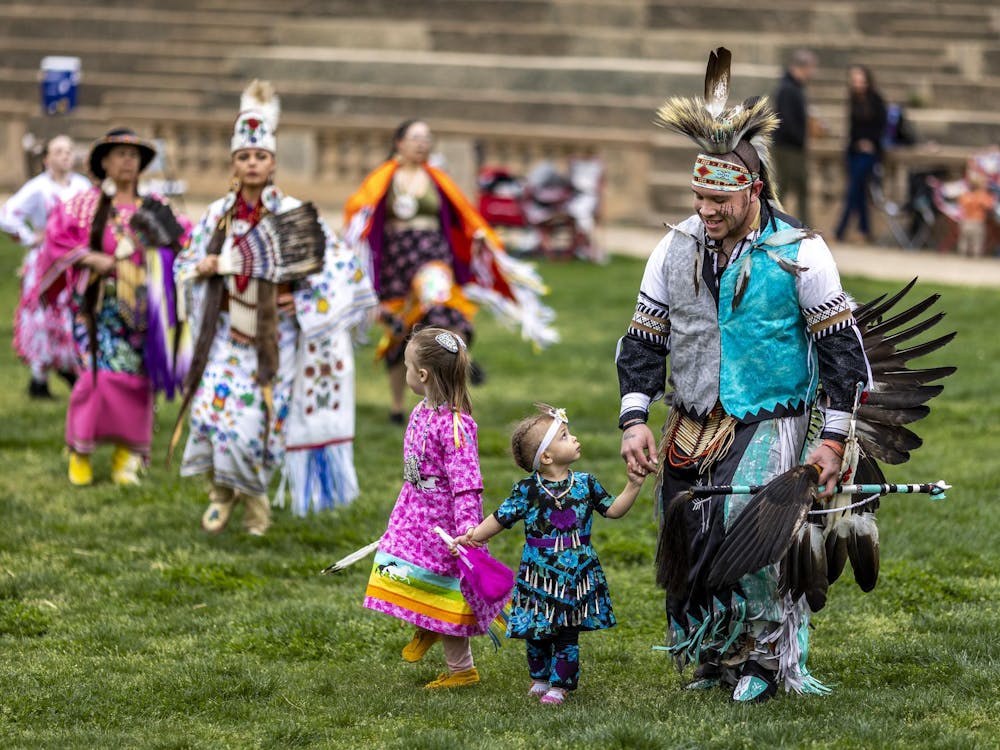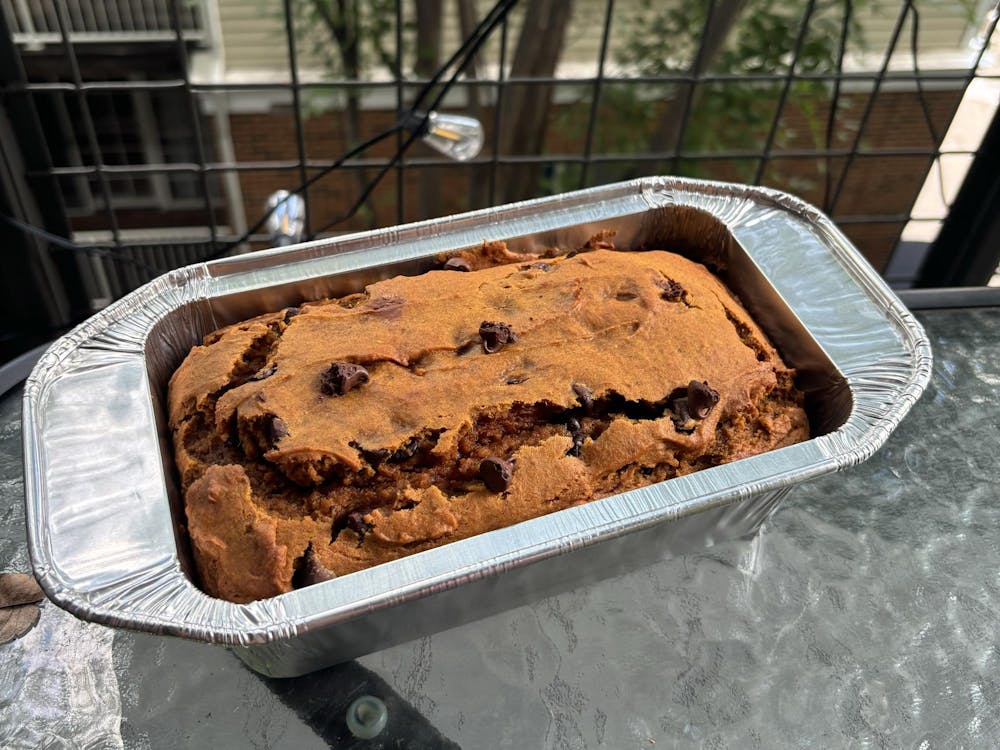The congregation filters by the altar, the pulpit and stage, and we creep through the back entrance. We’re surrounded by students in sweatshirts and families scrubbed clean, twin boys in plaid button downs, a coloring book in one’s lap and a racecar on the other’s. The preacher speaks of communion with God, and when it comes time for my approach to receive the wafer and wine, the body and blood, I stay seated.
I’m not religious — I was never baptized or confirmed. Yet, I realized in order to understand English literature and history and culture of the Western world, I need to gain a better understanding of Christianity. To appreciate Milton, the Enlightenment, Rembrandt and Blake, I needed to learn more about what some would call the most momentous and influential person in history — someone whom others call their Savior.
Though some would argue going to church once a week and taking a couple of religious studies courses won’t bring me any closer to comprehending the many traditions, facets and practices of Christianity, I figured I had to start somewhere. I enlisted a church-going friend to bring a devout agnostic to early Sunday morning services with her.
It was 8:30 a.m. — traces of makeup from the date function the night before pull down tired eyelids, my alarm blares in my cold room, under Christmas lights still plugged in. I slip into a conservative-looking dress that has been collecting dust and wrinkles, and walk downstairs to the curb, waiting. My phone lights up. My friend writes, “Keep an open mind.”
I respond, “I will.”
I am over-dressed. Teenage girls in jeans sit fiddling with their hair, and I have the only bare legs showing, my too-formal dress hidden under a clunky jacket. It’s been probably 10 years since I went to church — and even then it was with a friend after a sleepover the night before.
The notes of the song I’m supposed to be singing aren’t written down, nor the pauses, and I fumble through invocations and syntaxes. The sermon series is halfway through, and I try to connect. He has thinning hair, a winning smile, and attempts to bring me into his fold with anecdotes of Italian monks and chicken noodle soup. I don’t understand half the references, nor do I feel entirely separate from his message of a meeting with God at a table.
My friend and I hug one another after it ends, and I don’t know if I want to go back. I feel removed from some deeper understanding, my non-belief apparent to everyone, my wish for conviction too eager.
Next week, I get a text, “Still want to go tomorrow?”
“Yes, please,” I write.
We arrive again, the parking lot with auburn leaves more familiar, the walkways too. I recognize a few faces we met before, some that I haven’t met yet. The notes come more clearly through the crowd, and the words of the progression and scripture more instinctual.
My friend takes me to the Breakfast Club — a group of second-years who make food and listen to Norah Jones in between the early and late services. The light is strong from the tall windows, and we talk of “Gravity” and Sandra Bullock’s solitude, classes and hometown dramas. God isn’t mentioned but in passing.
And gradually, as I attended more services, ate more French toast and homemade whipped cream and frozen fruit, my heart opened more and I began to look forward to Sundays.
I’m hardly a convert — I have not found God in any traditional sense. But my initial motivation for going to church has changed. Instead of trying to analyze Jesus or the Bible, I try to connect.
I don’t think this process is necessarily the best way to try to reach God, nor do I think it is entirely morally defensible. But my weeks attending church have been more meaningful, my college experience enriched and my understanding of literary texts deeper. Even if my approach to God isn’t traditional, it is certainly genuine.




